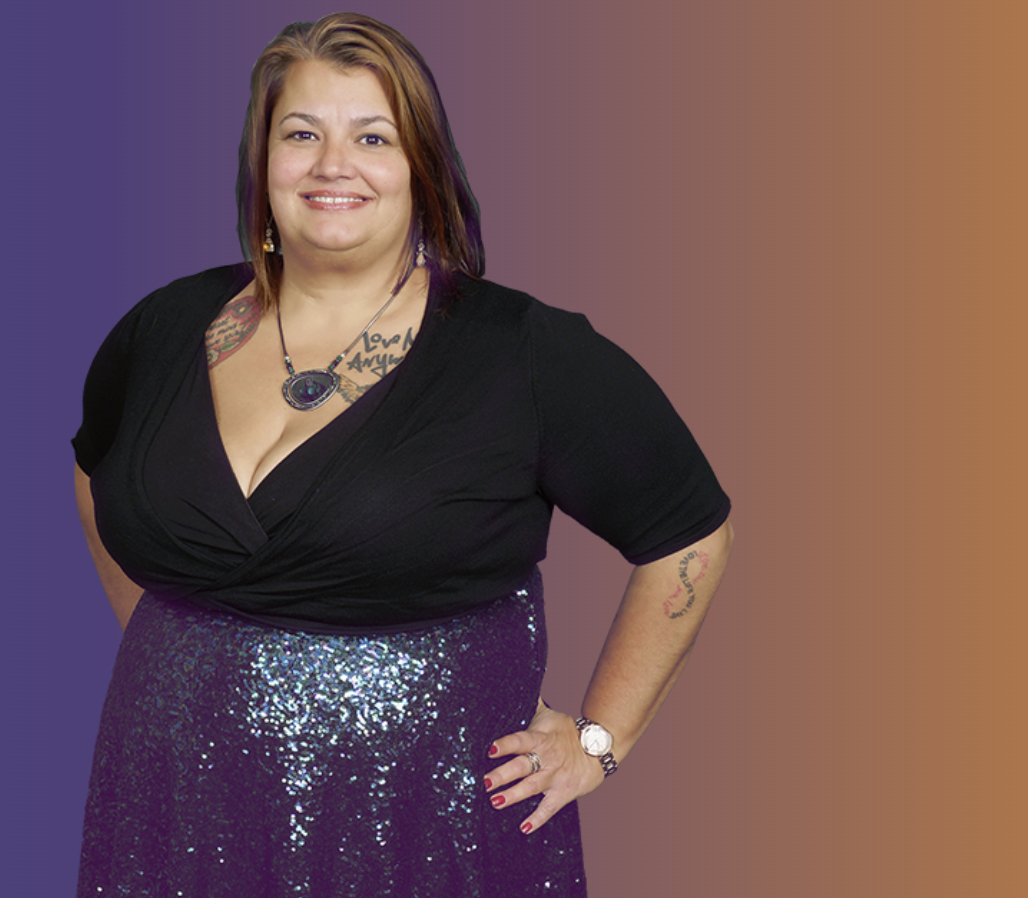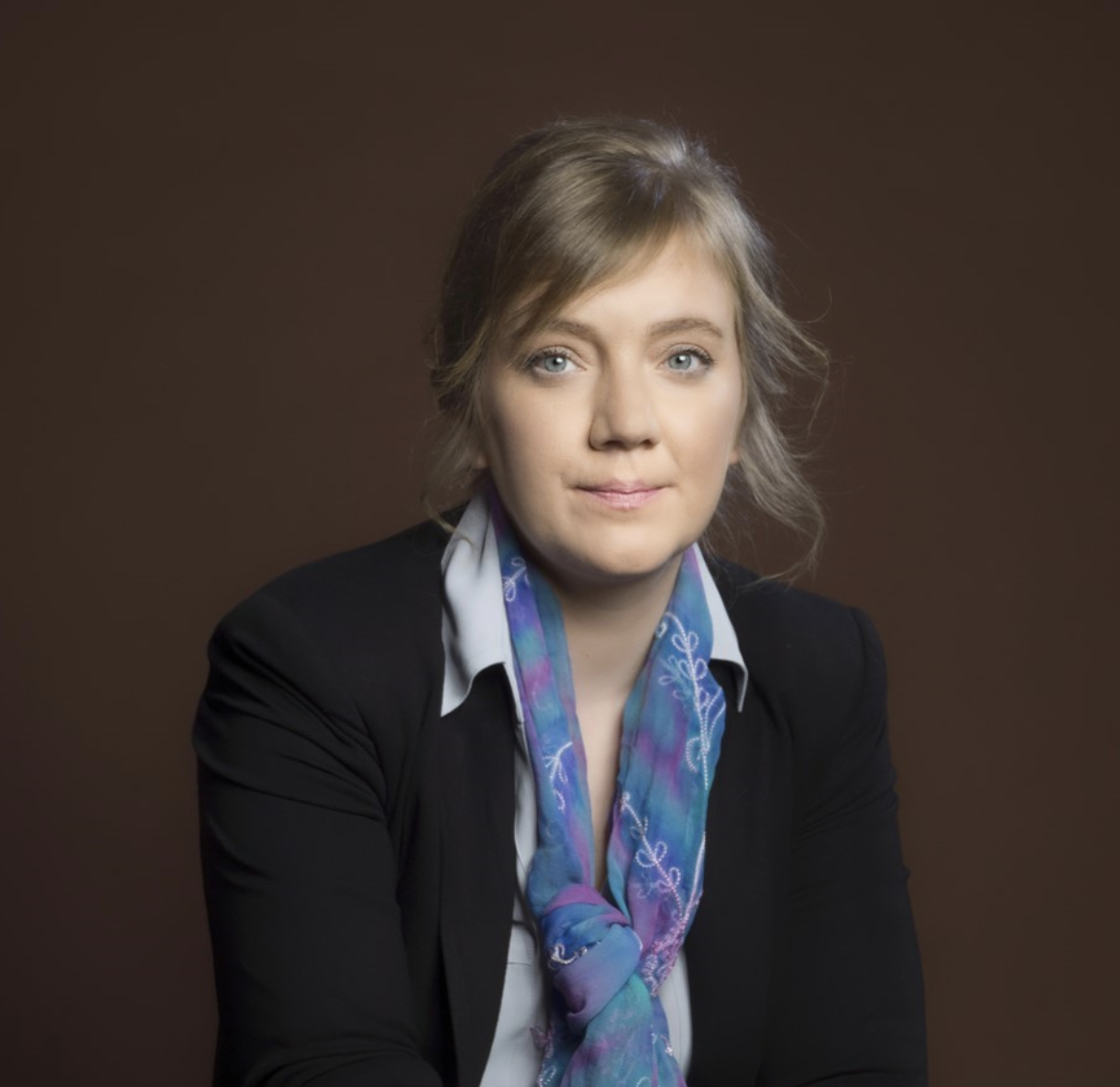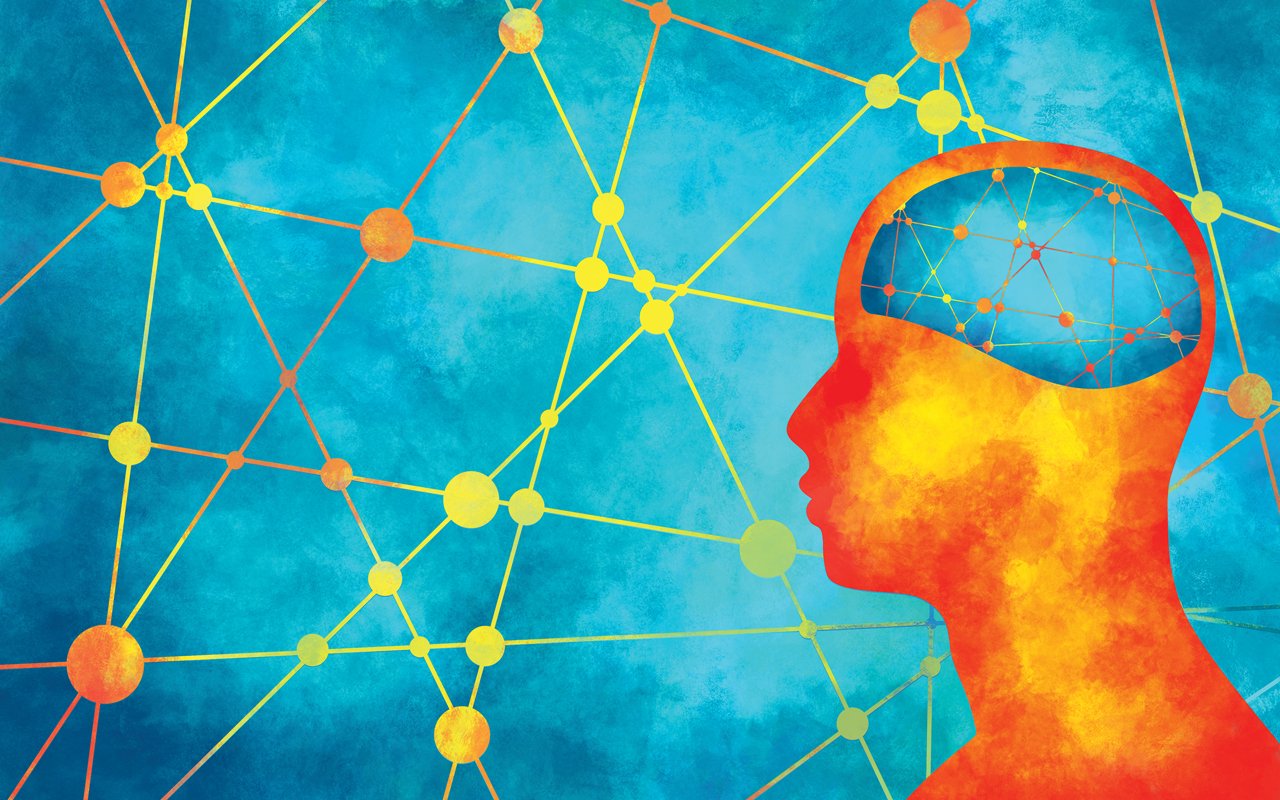On a recent episode of the Mentally Fit podcast, I talked with Dr. Owen Muir, M.D. from Brooklyn Minds in NYC about the future of mental health and where this is all headed.
Brooklyn Minds is a highly advanced therapy practice, where instead of shying away from change, they lean into it, using the latest technological advancements to serve a diverse group of people.
You can listen to the full podcast episode on Spotify or anywhere podcasts are played. Here’s what we talked about:
- How Brooklyn Minds is working with companies like Spotify to offer support for their team in the wake of Covid19 and recent events.
- How technology, like Spruce, is being used to improve mental health communication across treatment teams.
- What the future of mental health looks like, if we adapt to the changes correctly — and what risks are on the horizon if we don’t.
What do the experts think?
I asked mental health and wellness experts what their thoughts are on the future of mental health and the podcast episode with Dr. Owen. Here’s what they had to say:
Melissa Drake, Author
“I loved listening to this podcast about the future of mental health. I fully believe in community and peer support.”

Melissa Drake is the author of TranscenDANCE: Lessons From Living, Loving, and Dancing, a book that details her recovery from depression through dance.
She’s also a TEDx Speaker with 25 years of corporate experience. Her TEDx Talk, “The Dance of Collaboration,” presents fresh insights on the benefits of collectively beneficial collaborations.
As the founder of Uncorped Influence, Melissa helps like-minded businesses and individuals find solutions and go further than they thought possible.
In my opinion and experience, the biggest problem with the mental health care system is the desire to systematically diagnose and medicate individuals who are different than what’s socially expects as “normal.” I spent most of my life being diagnosed and treated for depression.
In actuality, I wasn’t depressed, I was a suppressed and repressed highly sensitive person and constantly asked to fit into a box of “normal” instead of being allowed to bring my creativity and sensitivity to life. The first line of defense for treatment with my therapists gave me nothing but multiple medications that further compounded the problem.
I concur with your statement in the podcast, “It’s really hard to have empathy if you don’t get to a place of understanding first.” To help solve the problems inherent in mental health treatment, I believe open communication and education around the subject of mental health is imperative.
I also agree that “Therapeutic approaches don’t have to be only in the hands of therapists” and the existing delivery system being tied to employers is problematic. I gained the greatest improvement in my mental health when I stepped outside of the traditional/conventional approach and moved to more integrative and holistic approaches including dance, spiritual work, and plant medicine
Stephanie Hadjipateras, Life Coach

My name is Stephanie Hadjipateras and I qualified as a certified life coach in London in 2016. Prior to that, I spent a few years in the events industry. Becoming a life coach was a long term passion of mine after being born with health issues.
I underwent two kidney transplants with a period of dialysis sandwiched in between. Dialysis was an experience that profoundly changed me and I wanted to share my experiences, especially when it comes to dealing with stress. Stress is a powerful force that we all deal with at some points in life and it is about how you deal with it that counts.
I offer all my clients a series of customized options to suit their specific requirements and achieve their aims and objectives.
I believe that one of the biggest problems today is that people still don’t open up about what they may be going through, mostly because of what others may think. Unfortunately, the subject of mental health even today is still regarded as a taboo subject and is seen as a stigma of some sort.
However, thankfully there are now many more organizations springing up, which definitely helps to raise awareness about this important issue. This in turn will encourage individuals to open up, whether it be to friends, family or professionals.
As I mentioned, raising awareness about mental health is of paramount importance and while there has been progress there is much more we can all do. Too many people still suffer in silence and so creating an environment where they feel they can open up is a fantastic step in the right direction.
One in particular, Heads Together, a UK-based organisation, which works with various others, was founded by Princes William and Harry – with the idea itself coming from the Duchess of Cambridge. Since its inception, many in the public eye have become involved. Individuals in the public eye have a platform and it is crucial that they use their platforms for good causes such as this.
Joel Muise, CEO at Tranquility Online

My name is Joel Muise and I am the CEO and Co-Founder of Tranquility Online. Tranquility offers virtual evidence-based support for people wanting help for anxiety and depression.
With our platform (available on computer and mobile), a client is able to sign up and immediately start working on the Cognitive Behavioural Therapy program on their own or with the support of a coach via video, phone or even text. We have made getting help for anxiety/depression easy and accessible.
As Dr. Owen Muir mentions in the podcast, accessibility and knowing how to get help are the biggest problems with the mental health system. Unfortunately, there just hasn’t been enough education and money invested to treat mental health disorders. Tranquility addresses those realistic issues by creating a scalable online platform to provide virtual CBT with the support of a personalized coach.
We believe that there are many solutions, as one size does not fit all, but a major part of the solution has to be an affordable and scalable option, based on evidence, that can act as a base for the largest cohort, which is people with mild-to-moderate anxiety and depression.
By giving people access to online treatments as a first step, it decreases the amount of cases that become severe, and free-up more intensive resources for those cases. The next step is getting the healthcare system to actually fund services like Tranquility, which will make getting help far more accessible for all!
What do you Think (or Hope) the Future of Mental Health Looks Like?
Comment below and let me know! I am looking for more innovators, leaders and experts to interview, so if you know of anyone, please comment their information.


